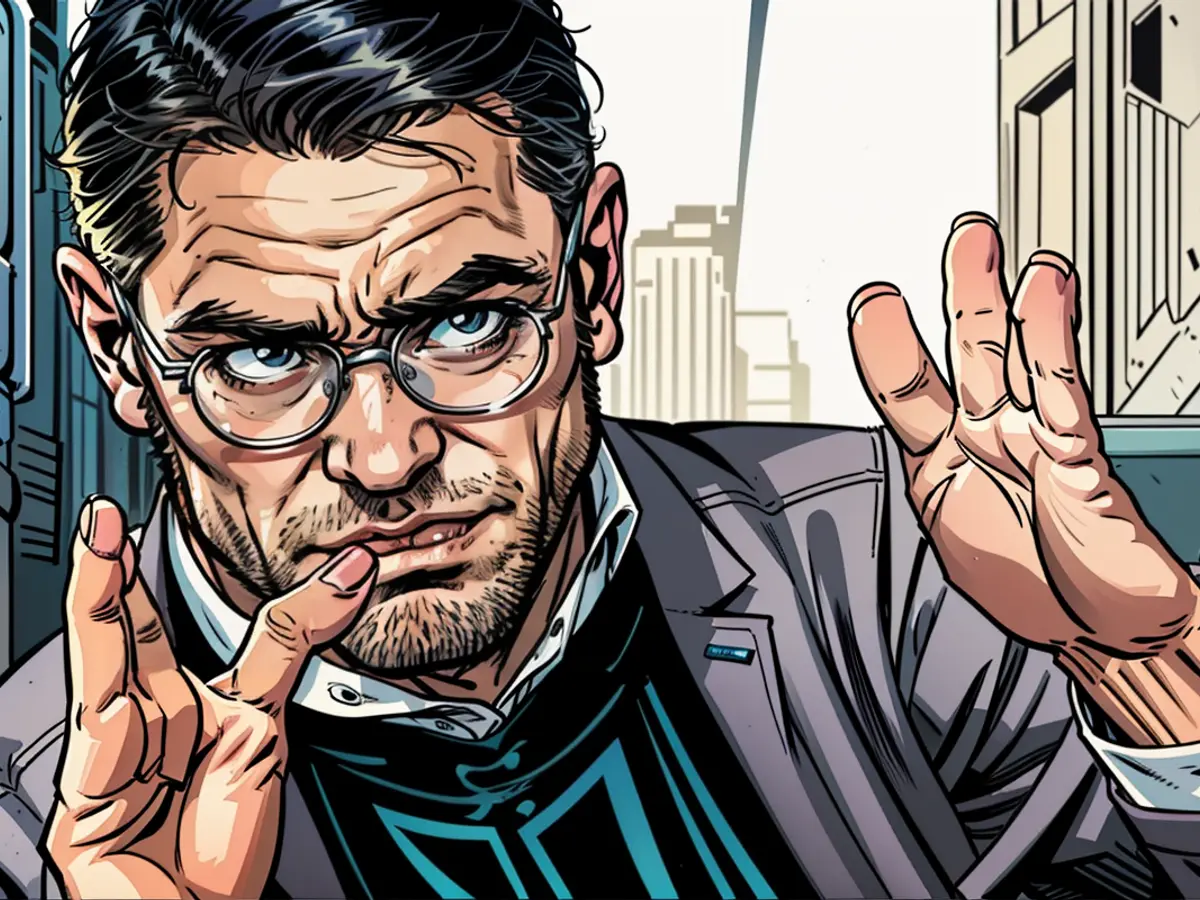Following the relocation discussion - Boris Rhein expresses dissatisfaction following migration discussions
The head of the conference of prime ministers (MPK), Boris Rhein from the CDU, has expressed disappointment with the outcomes of the high-level discussions on migration, as they fail to propose any restrictions on illegal immigration. According to Rhein, who spoke to the German Press Agency in Wiesbaden, the discussions in Berlin fall short of the previous decisions made by the MPK in conjunction with Chancellor Olaf Scholz (SPD).
At their last meeting on June 20 at the Chancellery, the federal and state governments agreed on "clear and directed actions against uncontrolled immigration, which are effective in alleviating pressure and preventing irregular immigration", explained Rhein. This includes pushing for migration and repatriation agreements at the highest political level, particularly with countries from which the majority of irregular refugees with low recognition quotas come to Germany.
Rhein is critical of delay in asylum policy
Among the measures previously agreed upon by the MPK and the Chancellor is "the federal government's commitment to draft the EU return directive in a way that also includes procedures for rejecting people from safe third countries", added Rhein, the Hessian Minister President. "This includes processing asylum procedures in transit and third countries. The federal government has already promised concrete models for this for quite some time now. When will these models be implemented? It's taking too long," criticized Rhein.
Rhein emphasized that Chancellor Scholz should make restricting illegal migration a top priority. "As long as the federal government does not show a real willingness to fundamentally change course on migration, I see no reason to participate in such a discussion as Minister President," Rhein asserted. Rhein's CDU party won the Hessian state election last October and is currently governing in Wiesbaden with the SPD.
"We are not here to babysit"
The traffic light government has the support of every Union voice in the Bundestag and Bundesrat for more safe countries of origin, border rejections, family reunification abolition, and more. The task of implementing these laws falls upon the traffic light government. "We are not here to babysit," warned Rhein.
Following the attack in Solingen that resulted in three deaths and the significant successes of the AfD in the state elections in Thuringia and Saxony, a preliminary round of talks on migration took place between the federal government, the Union as the largest opposition force, and the federal states in Berlin. Hessian Interior Minister Roman Poseck (CDU) attended the confidential meeting, but not Rhein himself.
The European Council, as the highest political body of the European Union, could play a crucial role in facilitating migration and repatriation agreements with countries of origin, as suggested by Rhein. The delay in implementing the agreed-upon asylum policies, such as processing asylum procedures in transit and third countries, has been a point of criticism for Rhein, highlighting the need for urgent action.








